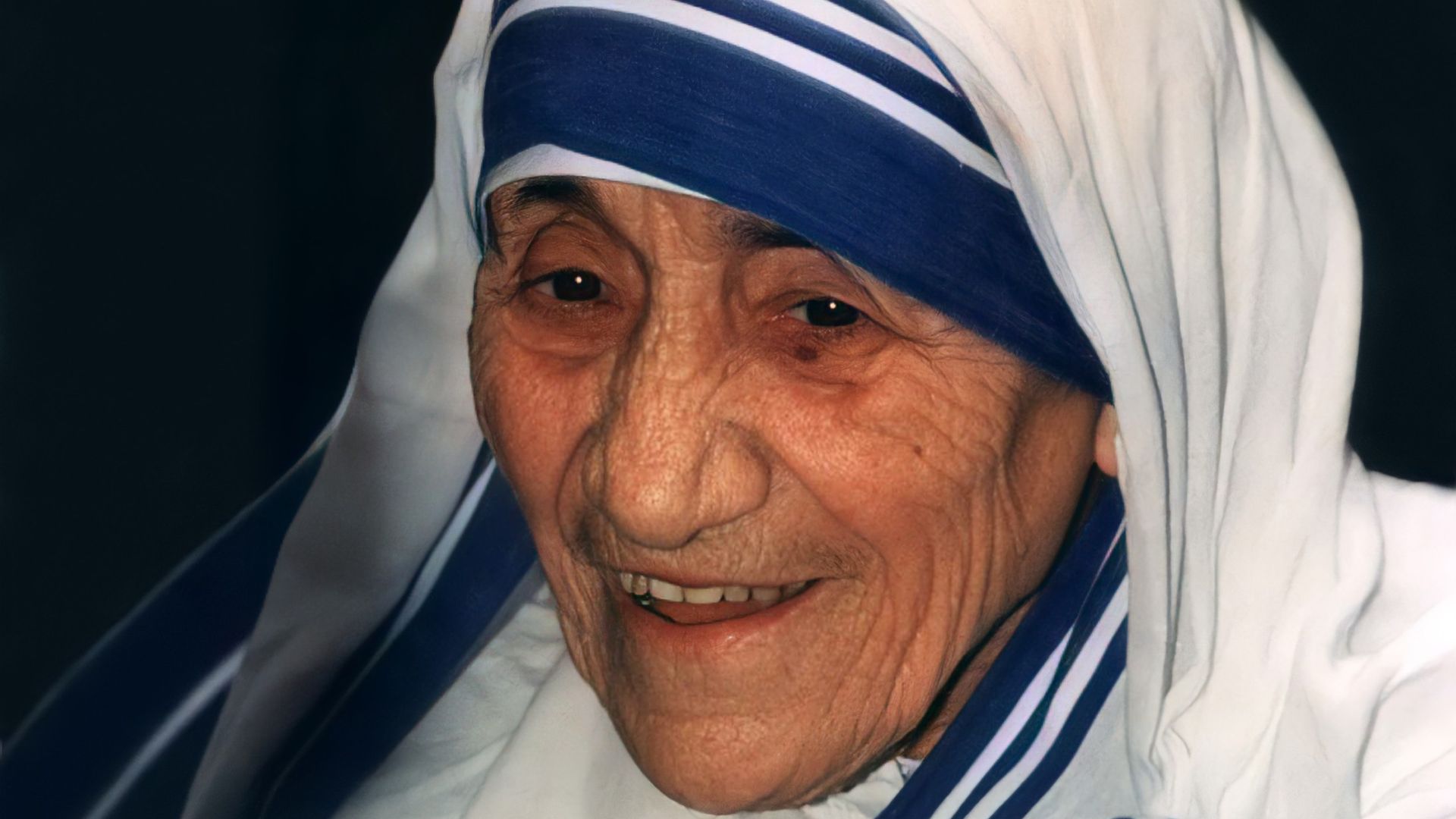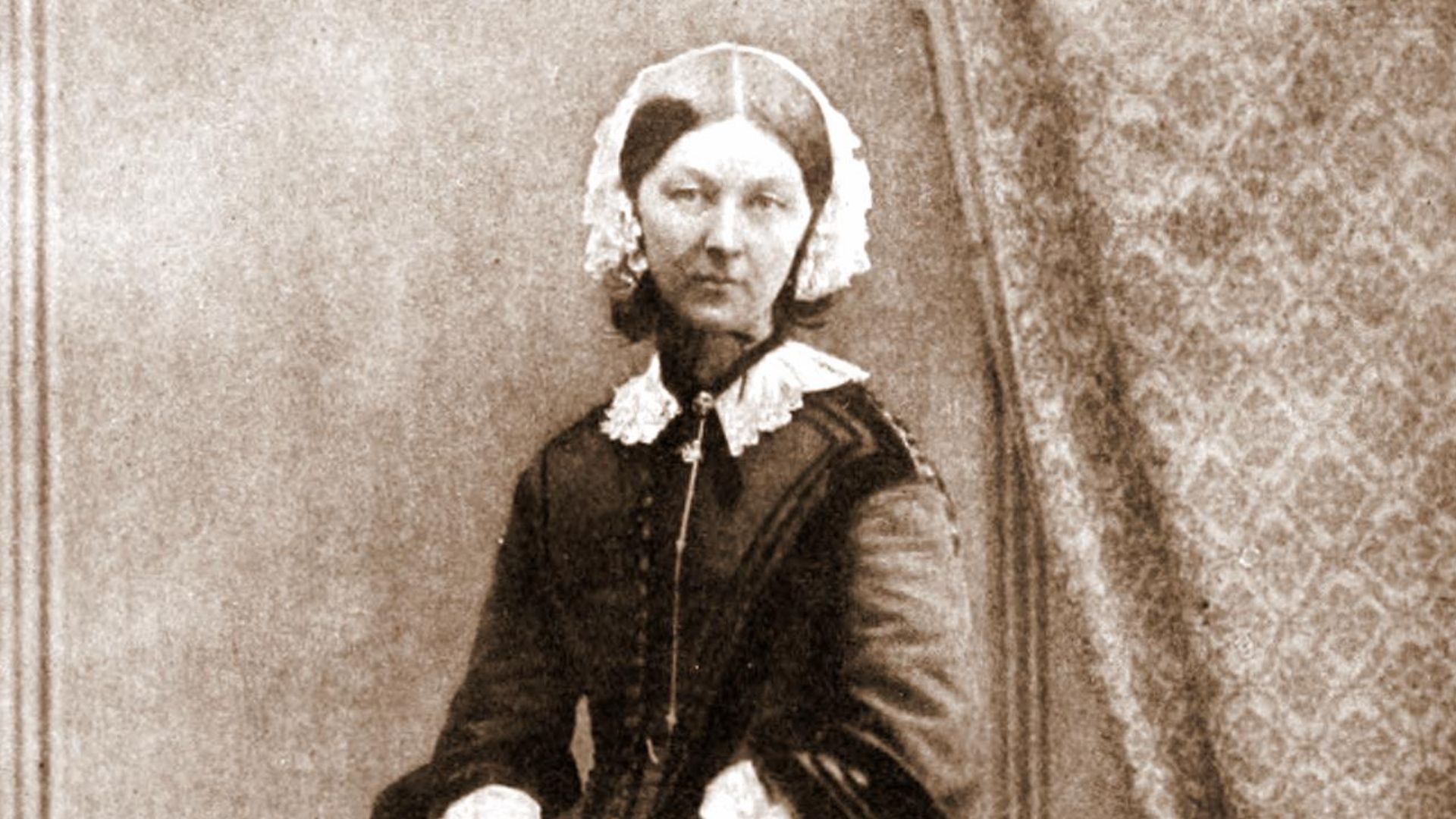20 Historical Figures That Don't Deserve Our Praise
Do Their "Good" Actions Outweigh Their "Bad" Ones?
History textbooks are quick to paint their characters as one-dimensional heroes, but the truth is always much more complex. While it isn't always fair to judge historical figures post-humously, sometimes it is. A person's despicable actions should always be taken into consideration and weighed against the good they did. No one is perfect, and only recognizing someone's positive actions is like living with blinders on. Here are 20 historical figures whose widespread praise warrants a critical re-evaluation.
1. Christopher Columbus
By now, it's no secret that Christopher Columbus wasn't exactly a great guy. He enslaved and exploited Indigenous people and was a brutal ruler whose arrival in the Americas marked the beginning of an era of violence and atrocities. Despite all that, Columbus Day is still celebrated each year in the US.
 Sebastiano del Piombo on Wikimedia
Sebastiano del Piombo on Wikimedia
2. Andrew Jackson
Andrew Jackson was the seventh president of the US. His face remains on the 20-dollar bill to this day, however, he was responsible for the Trail of Tears which saw the forced displacement of Native Americans from their ancestral lands.
3. J. Edgar Hoover
J. Edgar Hoover was the first director of the FBI who served under eight different presidents over his nearly five-decade run. While he helped grow the FBI into the institution it is today, he was a highly controversial figure whose abuse of power and use of illegal surveillance, blackmail, and intimidation is well known.
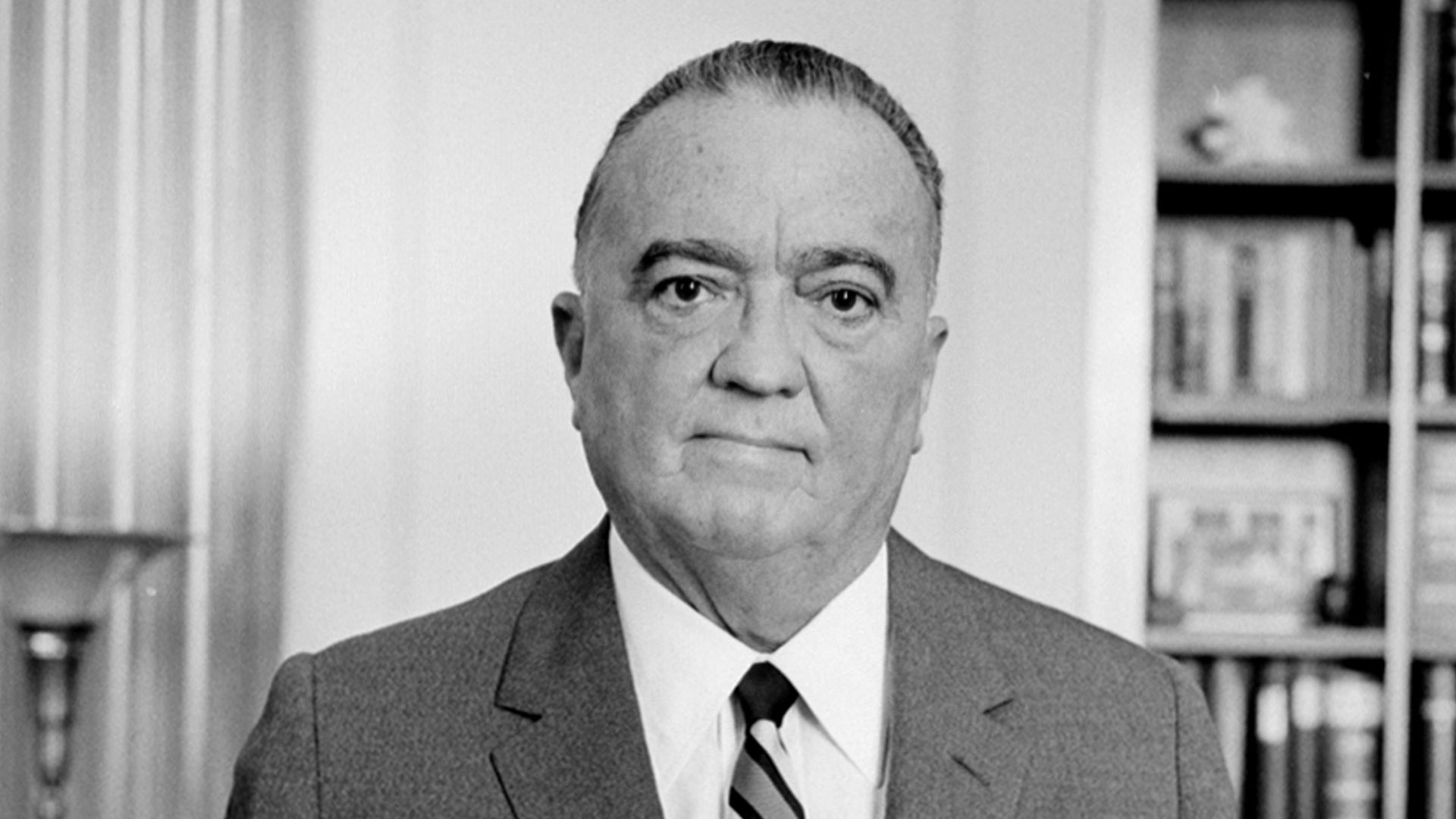 Marion S. Trikosko on Wikimedia
Marion S. Trikosko on Wikimedia
4. Henry Ford
Henry Ford is credited with revolutionizing the automotive industry and making the car accessible to American families. However, his antisemitic beliefs which he made public in a series of published articles tarnish his reputation.
 Ford Motor Company on Wikimedia
Ford Motor Company on Wikimedia
5. Walt Disney
Walt Disney is the name associated with some of our most beloved animated films. However, his legacy is shrouded in rumors and a perceived dark side. The depiction of race in classic Disney films perpetuates harmful stereotypes to this day, and his anti-union stance indicates that he was exploitative and authoritarian.
 Boy Scouts of America on Wikimedia
Boy Scouts of America on Wikimedia
6. Charles Lindbergh
Charles Lindbergh was a celebrated pilot who is touted as an American hero for being the first person to complete a transatlantic flight solo. However, he was a staunch isolationist who argued against the US involvement in WWII and harbored Nazi sympathies.
7. Coco Chanel
Chanel is still a brand that people like to flash, known for its sophistication and association with wealth, but the brand's founder isn't squeaky clean. She was allegedly a spy working for the Nazis and she had deep seeded antisemitic views even before the war.
8. Vladimir Lenin
While other members of Russia's Communist party in that day are almost universally seen as disreputable or even monstrous, Vladimir Lenin's legacy is a bit more complicated. While some still praise him for establishing the first socialist state, others blame him for perpetuating violence and becoming a brutal authoritarian leader.
9. Mahatma Gandhi
While Mahatma Gandhi is still revered for his philosophy of non-violent resistance which influenced the likes of Martin Luther King Jr. and Nelson Mandela, he wasn't without his dark side. His views on race, particularly as it related to Black Africans, led to his statues being torn down in some countries. The way he handled the partition of India and his inappropriate behavior with young girls have also been criticized.
10. Thomas Jefferson
While Thomas Jefferson helped shape the pillars of liberty and equality that the US is built on, he's often considered a hypocrite for being a lifelong slaveholder. His "Notes on the State of Virginia" reveal his deeply ingrained racism.
11. Winston Churchill
Winston Churchill was a charismatic politician whose powerful speeches soothed and rallied a nation during its most trying times. However, he was also an imperialist with problematic views on race. He had a role in the Bengal famine of 1943 which saw him refusing to divert food supplies to the starving population.
 Central Office of Information on Wikimedia
Central Office of Information on Wikimedia
12. Cecil Rhodes
Cecil Rhodes was a British politician who played a large role in the colonization of Africa. He was responsible for expanding the British empire but at the expense of colonized people. He was a white supremacist whose actions were often seen as exploitative and brutal, and his policies laid the foundations for the later apartheid that would be implemented in South Africa.
 Ernest Herbert Mills on Wikimedia
Ernest Herbert Mills on Wikimedia
13. Mother Teresa
While Mother Teresa is celebrated for her selfless work caring for the sick and poor in Kolkata, she's not without her critics. Some argue the quality of care provided in her homes was inadequate with one critic even calling it a "cult of suffering" where spiritual value was found in pain so little was done to alleviate it. Her use of the large financial donations she received which were meant for the poor has also been questioned.
14. Che Guevara
Che Guevara is the face of a rebellious revolutionary who stands up against oppression, but he has a trail of violence and suffering behind him. After the Cuban revolution, he was put in charge of a prison where many people were executed without due process. He was an advocate for armed revolution and many of his words and actions are seen today as ruthless.
15. Steve Jobs
The visionary behind many of our favorite electronics has a complex legacy plagued by his difficult personality and questionable business practices. Aside from being an intense guy, he was described as cruel with a tyrannical management style and a pathological liar. He denied fathering a daughter, even after a DNA test confirmed his paternity, and he allegedly cheated his business partner Steve Wozniak out of money.
16. Napoleon Bonaparte
Napoleon Bonaparte's legacy has always been debated. He ruled France just after the revolution and though he implemented significant reforms, he was also an authoritarian ruler who reinstated slavery in French colonies.
17. Aristotle
Aristotle is considered the father of logic, but his contributions to philosophy are sometimes overshadowed by his beliefs on slavery and women. He believed some people were inherently meant to be slaves because they lacked rational thought and that women were naturally inferior to men.
18. Pablo Picasso
Should we separate the art from the artist? In the case of Pablo Picasso, some people see his treatment of women to be so problematic that his art should be boycotted altogether. He was an abusive partner to his wives, muses, and mistresses who objectified and dehumanized women.
19. John F. Kennedy
While John F. Kennedy is often represented as a "good president," his reputation is tarnished by his actions in his personal life. His numerous extramarital affairs, some with high-profile figures like Marilyn Monroe, have been well-documented.
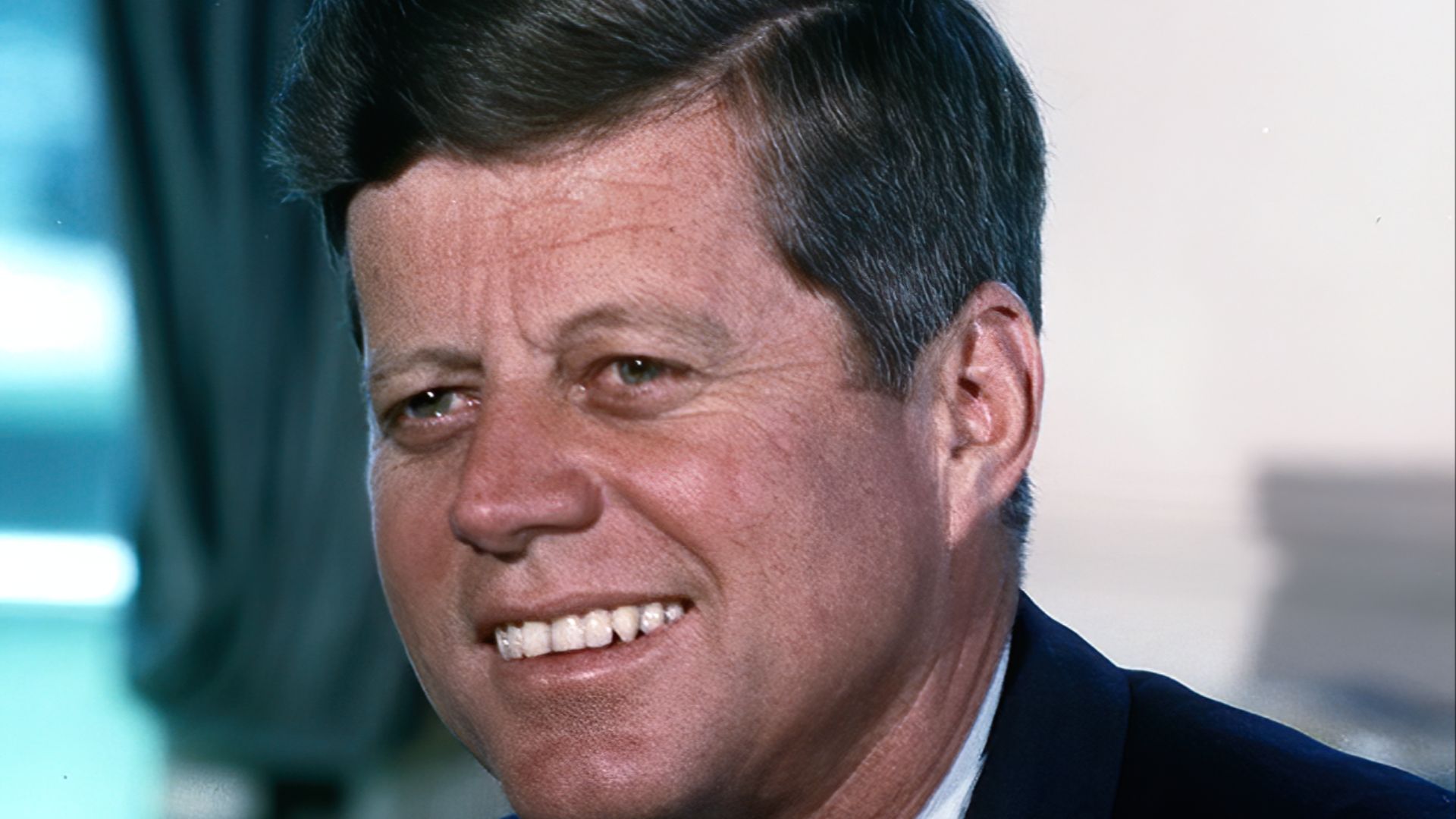 Cecil Stoughton, White House on Wikimedia
Cecil Stoughton, White House on Wikimedia
20. Florence Nightingale
Florence Nightingale is celebrated as being the founder of modern nursing. The sanitation principles she created forever changed healthcare and saved a lot of lives, but she was a British imperialist and a racist who believed Indigenous lives were inferior to those of White Christians.
KEEP ON READING
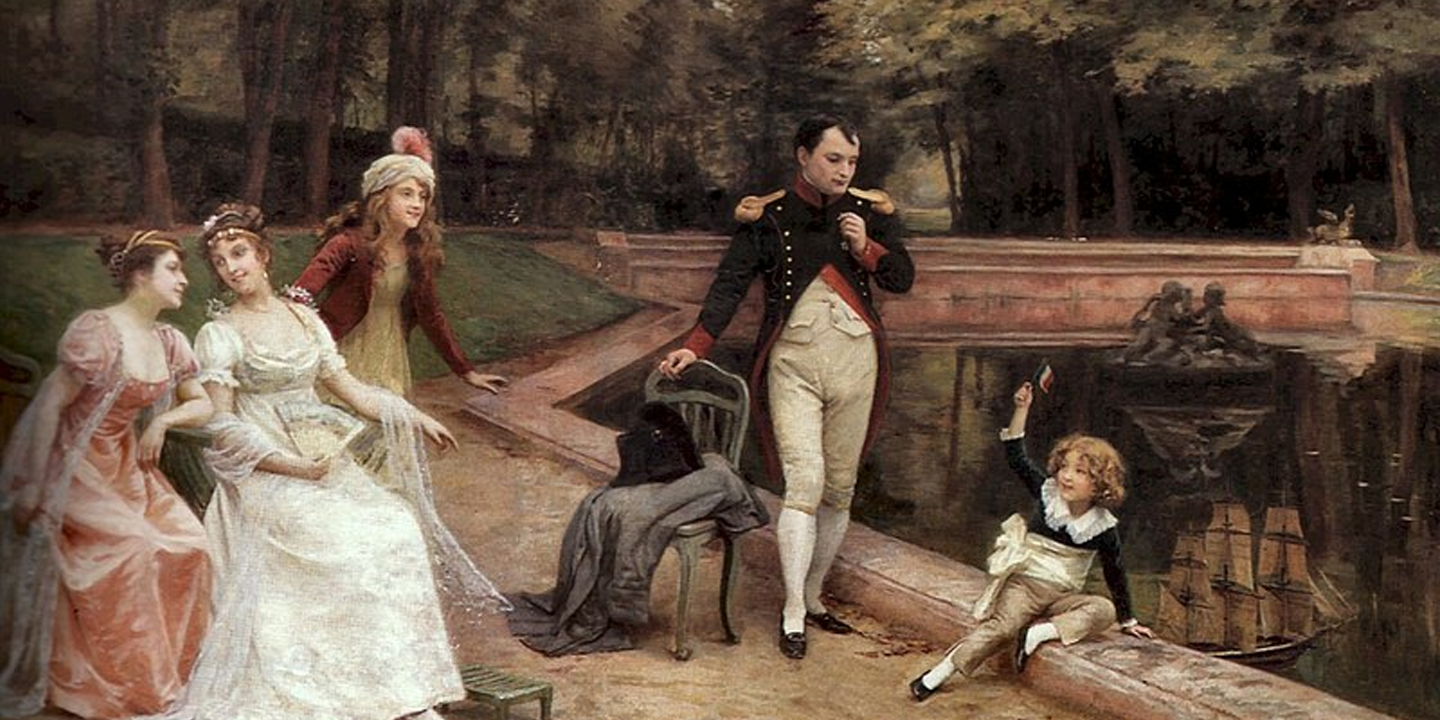
The 20 Most Recognized Historical Figures Of All Time
The Biggest Names In History. Although the Earth has been…
By Cathy Liu Oct 4, 2024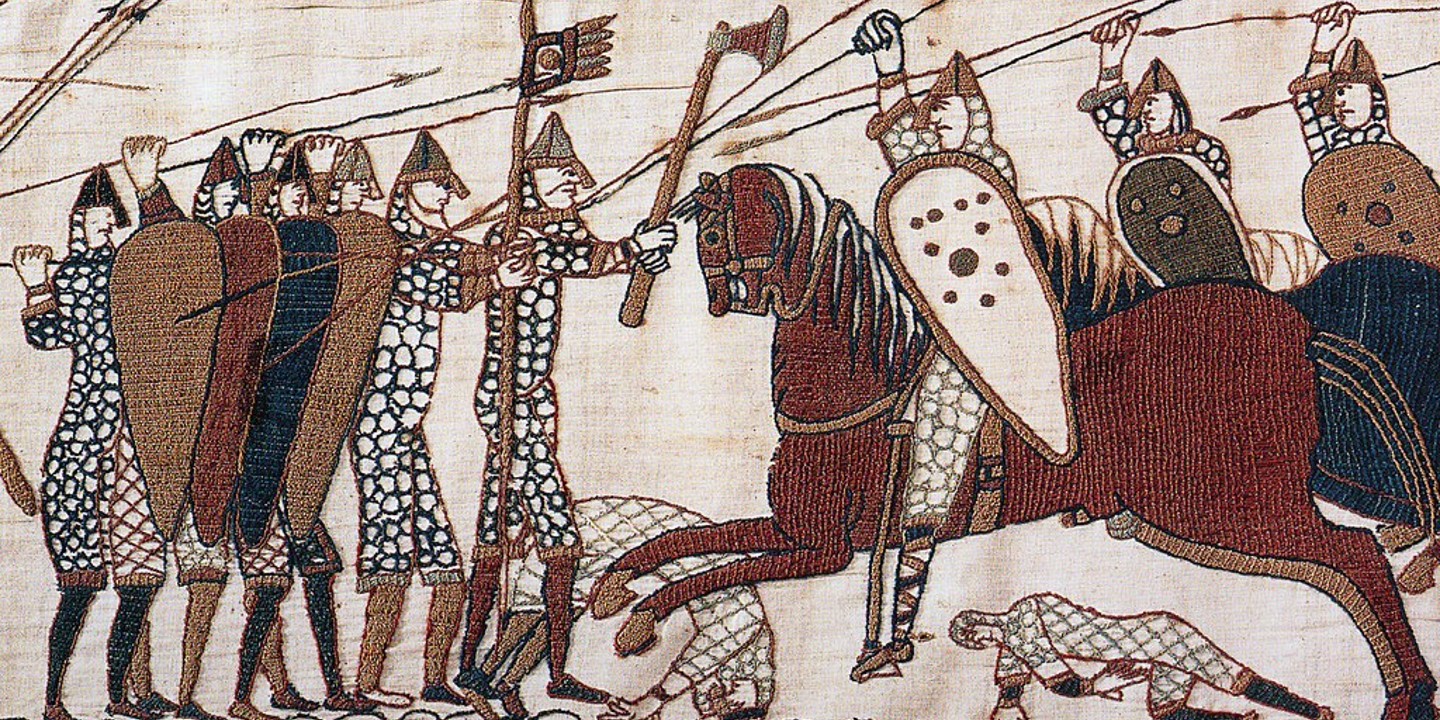
10 of the Shortest Wars in History & 10 of…
Wars: Longest and Shortest. Throughout history, wars have varied dramatically…
By Emilie Richardson-Dupuis Oct 7, 2024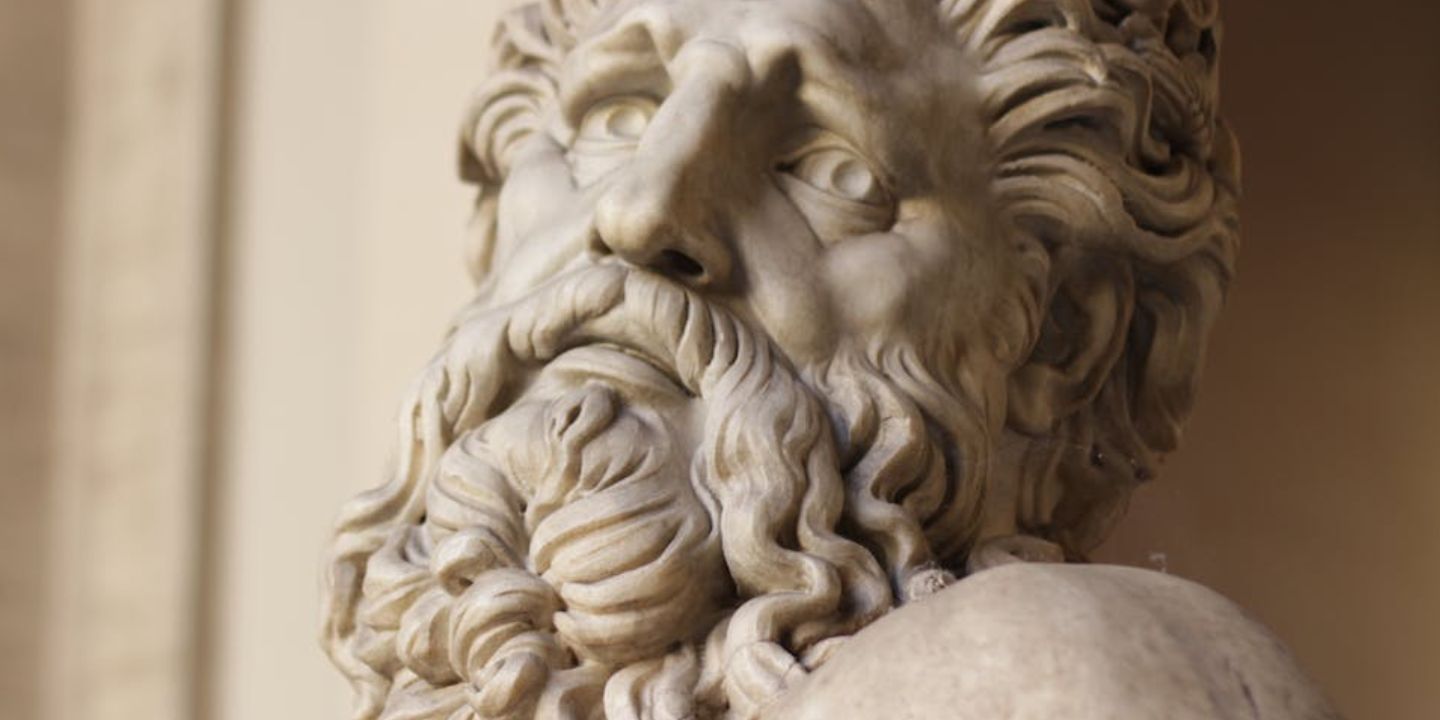
10 Fascinating Facts About Ancient Greece You Can Appreciate &…
Once Upon A Time Lived Some Ancient Weirdos.... Greece is…
By Megan Wickens Oct 7, 2024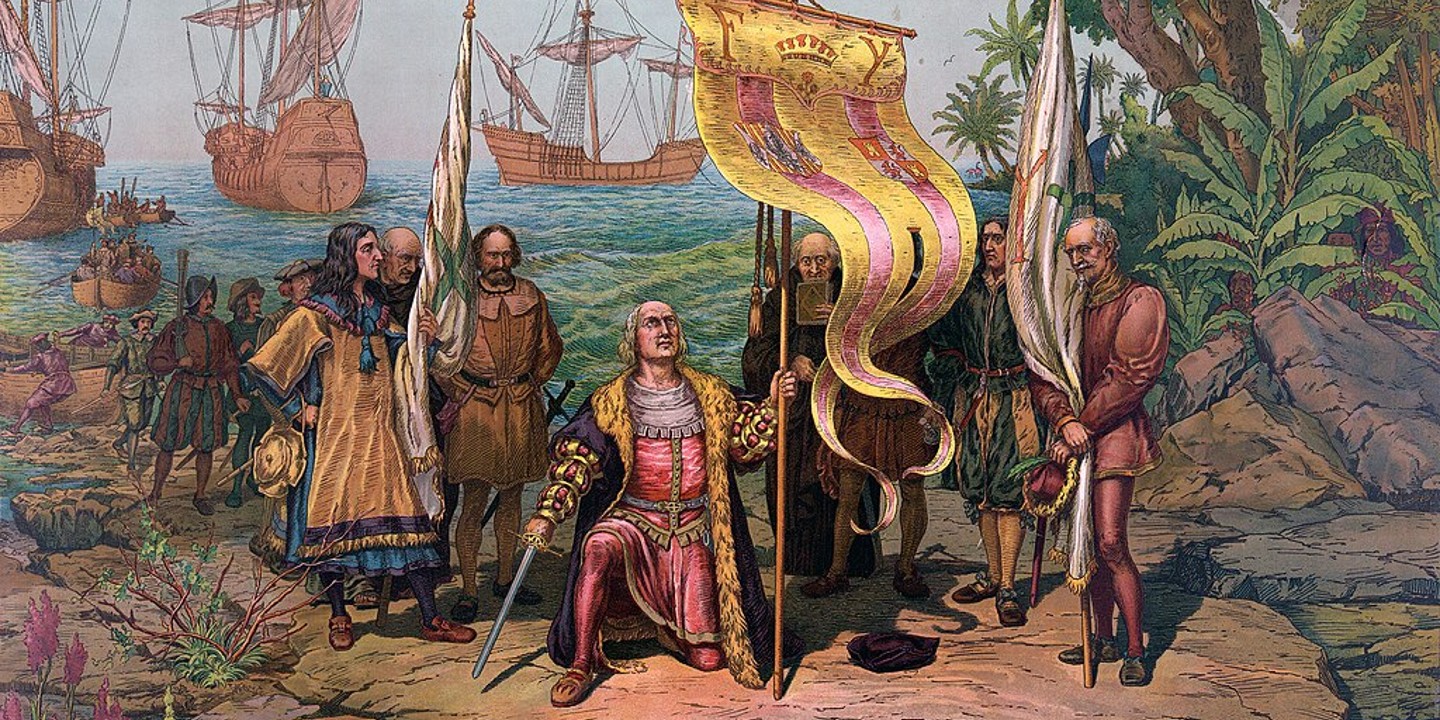
20 Lesser-Known Facts About Christopher Columbus You Don't Learn In…
In 1492, He Sailed The Ocean Blue. Christopher Columbus is…
By Emilie Richardson-Dupuis Oct 9, 2024
20 Historical Landmarks That Have The Craziest Conspiracy Theories
Unsolved Mysteries Of Ancient Places . When there's not enough evidence…
By Megan Wickens Oct 9, 2024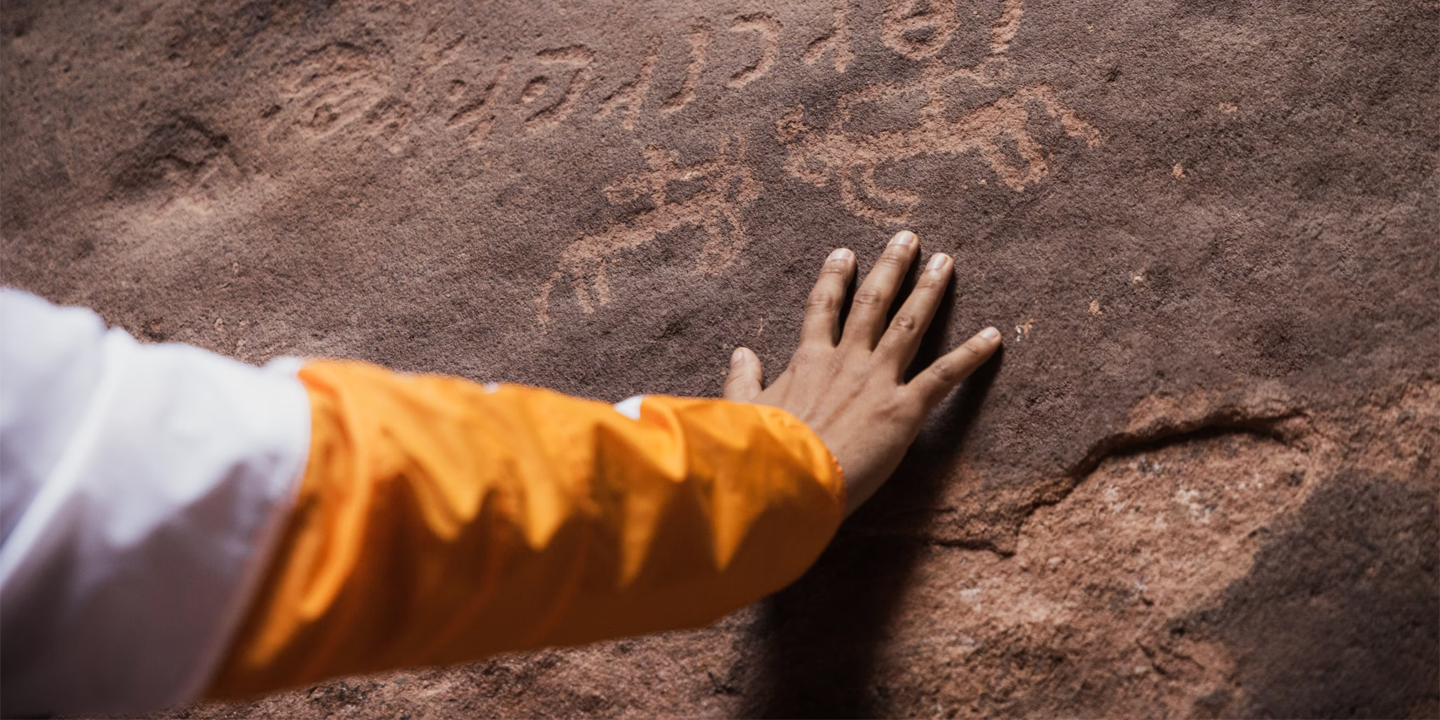
The 20 Craziest Inventions & Discoveries Made During Ancient Times
Crazy Ancient Inventions . While we're busy making big advancements in…
By Cathy Liu Oct 9, 2024








